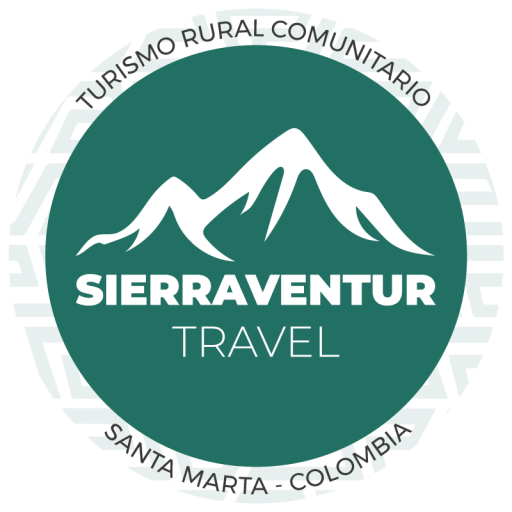Weather
When is the best time to do the ciudad perdida hike?
Rainy season usually starts in May until June and from September until December. However as a result of the effects of El Niño there are less and fewer rains and there are very dry months. In September Ciudad Perdida is usually close so that the communities can perform cleaning rituals hence it is highly recommended that you do not plan your visit for that month.
What is the maximum high?
The maximum high in Ciudad Perdida is 1.200 metres above sea level.
Which is the temperature in teyuna-ciudad perdida?
As we get deeper into the forest temperature drops, in the last camp Paraíso Teyuna also known as Cabaña de Romualdo is where it gets colder at night however, beds/hammocks have blankets and mosquito nets.
The Teyuna Ciudad Perdida Archaeological Park is located 1.200 metres above sea level, its climate is warm, humid and very rainy with cold nights ranging from 18° to 22°.
Clothing
What clothes are appropriate for the tour?
It depends on how many days you are going to do the tour however, we recommend you to pack comfortable clothes for walking, socks, long sleeve shirt and long trousers for cold nights and for mosquito protection. You have to take into account that it is very humid up there so clothes will no dry up at night.
Which shoes should i wear?
We recommend you to bring comfortable walking shoes and, in rainy season trekking shoes. Also do not forget to pack sandals to use them in the rivers and for resting in the camps.
Accommodation
Are there bathrooms and showers in the camps?
Yes, all cabins are equipped with bathrooms and showers, it is recommended to bring personal hygiene utensils such as biodegradable soap, toothbrush, toothpaste, towel and toilet paper.
Where am i going to sleep?
Cabins are fitted with bed bunks or hammocks with nets. You will usually sleep in bed bunks (depending on availability).
Do i need to bring a sleeping bag?
No, cabins are equipped with the necessary the idea is to walk as comfortable and lights as possible.
Do the cabins have electricity?
Some cabins do have electricity supply from solar panels where you could charge your mobile phone or other electronic devices.
Is it possible to spend the night in the archaeological park by myself?
No, it is not possible. In Teyuna-Ciudad Perdida lives the Mamo (indigenous leader) with his family and there is also a military base.
Local communities
Is it possible to stay with the indigenous communities?
It’s not possible. If what you want is a plan to live with the indigenous communities, we recommend the Tour Seydukwa 2 days.
Is included in the price a contribution to local communities that inhabit the area?
Yes, all the Ciudad Perdida tour agencies must make a contribution to local communities, peasants of the region and to the Colombian Institute of Anthropology and History (ICANH) which is the body in charge of the protection of the Archaeological Park since 1976.
Which indigenous communities inhabit the area?
Leaving to Ciudad Perdida from Machete Pelao is possible to see Kogui and Wiwa communities but in the Sierra Nevada de Santa Marta there are also Arhuaco and Kankuamos communities.
Security
Is a yellow fever vaccine needed?
So far there has been no history of Yellow fever or malaria in this area, however we recommend placing the vaccine, it is also advisable to go with a good repellent because in winter there are more mosquitoes and in summer ticks in summer. this zone.
Is there danger with animals?
Being jungle there is a greater vegetation and fauna, there are animals present in several parts of the road but they do not attack tourists or inhabitants of the area, they rather feel intimidated by the human presence. It is recommended not to walk outside the cabins at night to avoid accidents, outside the cabins it is always recommended to go in the company of the guide.
Are there public order problems or armed conflict in the region?
No, with the birth of tourism in the region, illicit businesses and armed conflicts disappeared, today more than 4 paths benefit from tourism.

